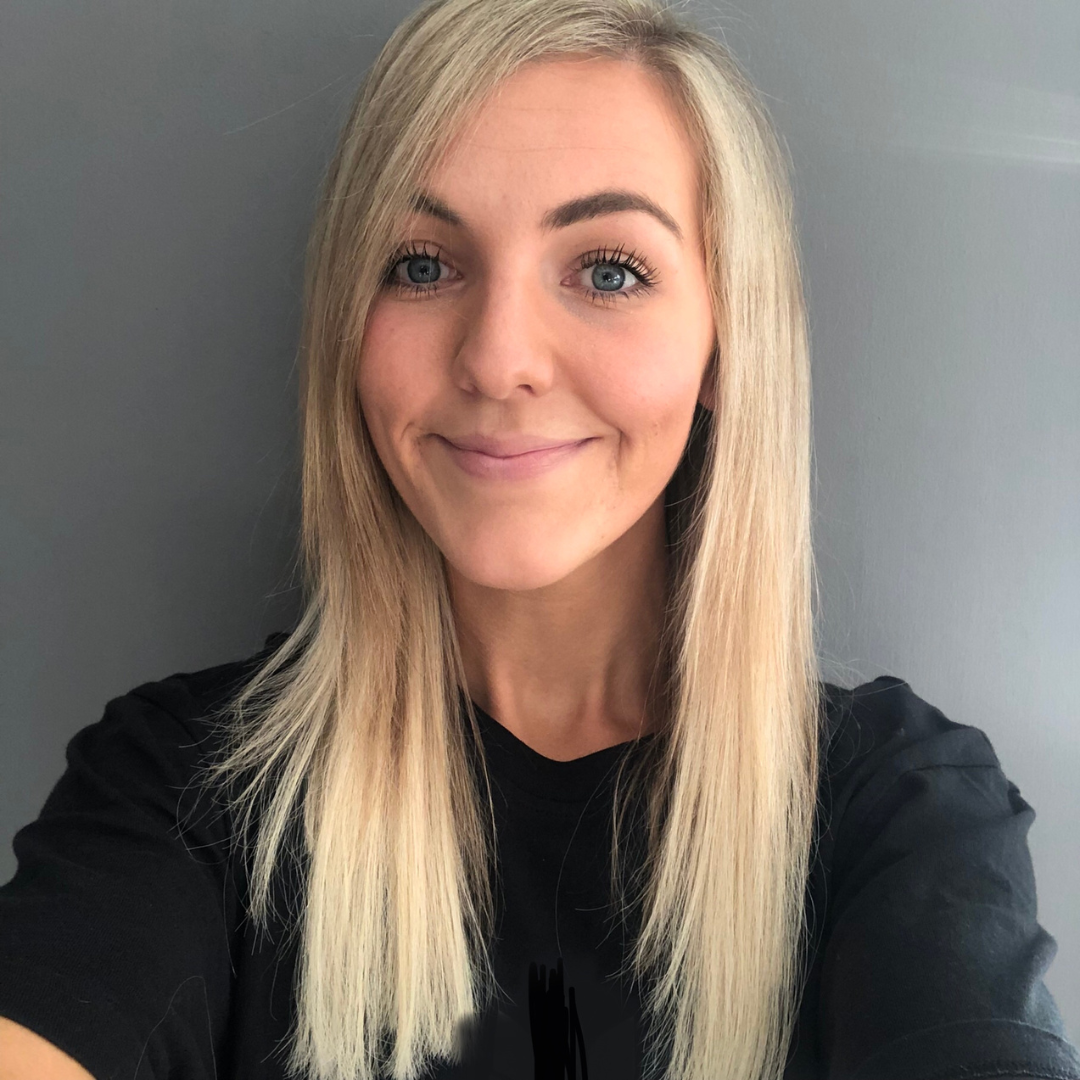Don't let back pain control your life. Our expert physiotherapists have helped over 5,000+ Aucklanders get back to pain-free living. ACC approved with same-day appointments available. No referral required. Call our clinic on 09 3664480 to book in or book online.
If we don't see improvement at our 3 session review, we'll arrange a second opinion free of charge.

You're not alone. 80% of Aucklanders will experience back pain in their lifetime, and it's the leading cause of sick days and disability worldwide.
But here's the good news: research proves that physiotherapy is the gold standard treatment for back pain, helping improve pain, function, and quality of life faster than any other treatment method.
Delaying treatment can lead to chronic pain, muscle weakness, and increased risk of future episodes. Studies show patients who start physiotherapy within 14 days recover 33% faster.
Physiotherapy can help with;
If you are experiencing back pain we advise you to come and see our expert team. Physiotherapy is effective for all types of back pain including;
Back pain can be very debilitating and can have a huge effect on your daily life. If it persists, it can affect your mood, work and relationships. It is key you get onto your pain quickly and take control. Ongoing back pain can affect how you move and can cause the muscles around your spine to weaken, this in time can make your back pain worse and impede your recovery. It can also lead to increased risk of recurrent episodes of low back pain. If you're still unsure, talk to one of our experts with a complimentary 15 minute call.
Our Physiotherapists will take a thorough history and use screening questions to understand more about your back pain. We will then assess your movement and provide you with an individualized treatment plan based on your assessment findings. This is likely to include exercise, education and may also include hands on treatment. We may also refer you onto clinical pilates, massage therapy or to our Health Collective team if appropriate.
At your initial assessment we will set goals around what you want to achieve, of course you want to be pain free, but it is important you set functional goals so you can see your improvements and ensure you get back doing what you want to do. If required, we will refer you for an x-ray, specialist appointment or to other health professionals. We can also complete your ACC paperwork, so you do not need a referral to see us.
For acute low back pain research suggests that many patients will improve with physiotherapy including advice, education, re-assurance, gentle exercises and in some cases manual therapy and should be followed up for at least 10-14 days (see here). Furthermore, research also suggests that physiotherapy, including exercise is effective in reducing risk of low back pain by 33% (see here).
For acute low back pain research suggests that many patients will improve with physiotherapy including advice, education, re-assurance, gentle exercises and in some cases manual therapy and should be followed up for at least 10-14 days (see here). Furthermore, research also suggests that physiotherapy, including exercise is effective in reducing risk of low back pain by 33% (see here).
The severity of low back pain and disability it causes were also lower in groups that exercised regularly. Types of exercise recommended can vary between patients, however 2-3 times weekly was recommended in this research. Therefore, your physiotherapist may continue to see you for 4-6 weeks individually, or refer you to one of our exercise classes in line with this evidence. Pilates for example has been shown to reduce pain and disability in a variety of conditions including low back pain.
It is common however for low back pain to last longer and there may be multiple reasons for this. In which case evidence suggests being followed up by your physiotherapist and if appropriate your physio can make a referral to a specialist or our Physio Specialist for a second opinion. Persistent low back pain is defined as that which had lasted for over 3 months and research recommends physiotherapy as first line treatment. For example this study showed that 12 weeks of physiotherapy reduced pain and disability scores of the 100 patients at 12 weeks compared to their baseline scores. Furthermore, these improvements were maintained at the 1 year mark. Therefore, to get the most out of your rehab, it may be necessary to continue with rehabilitation for between 8-12 weeks.
